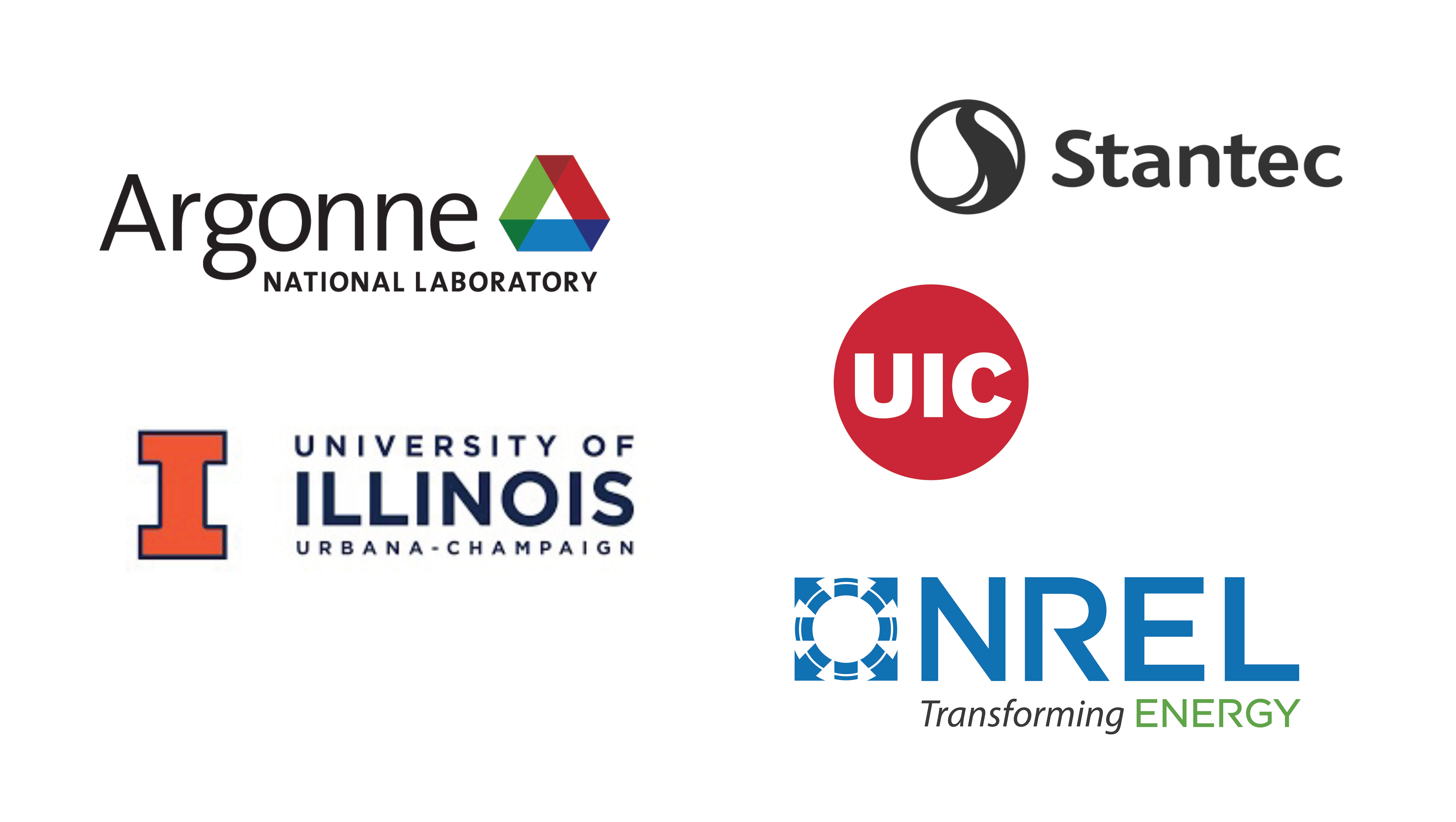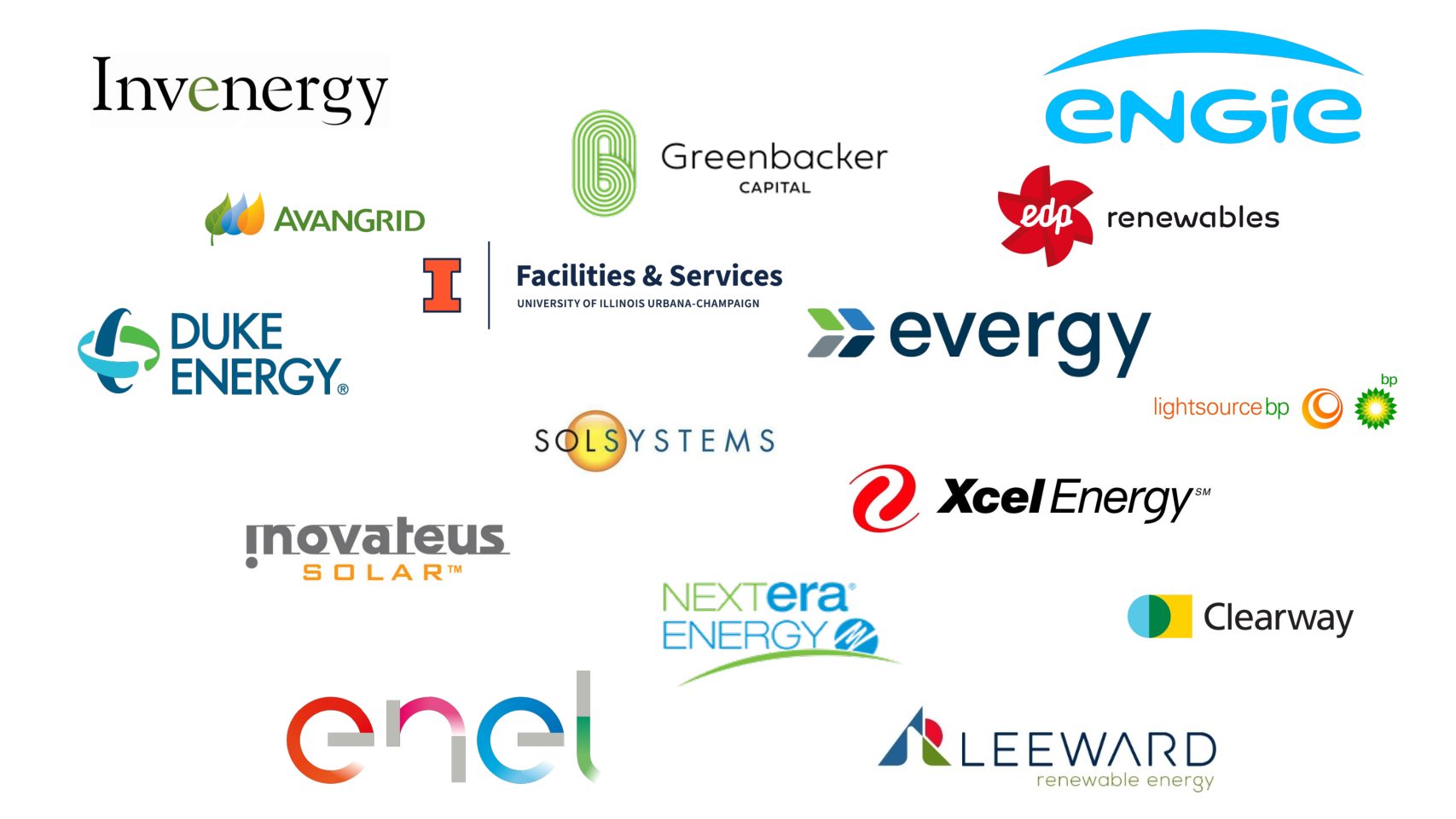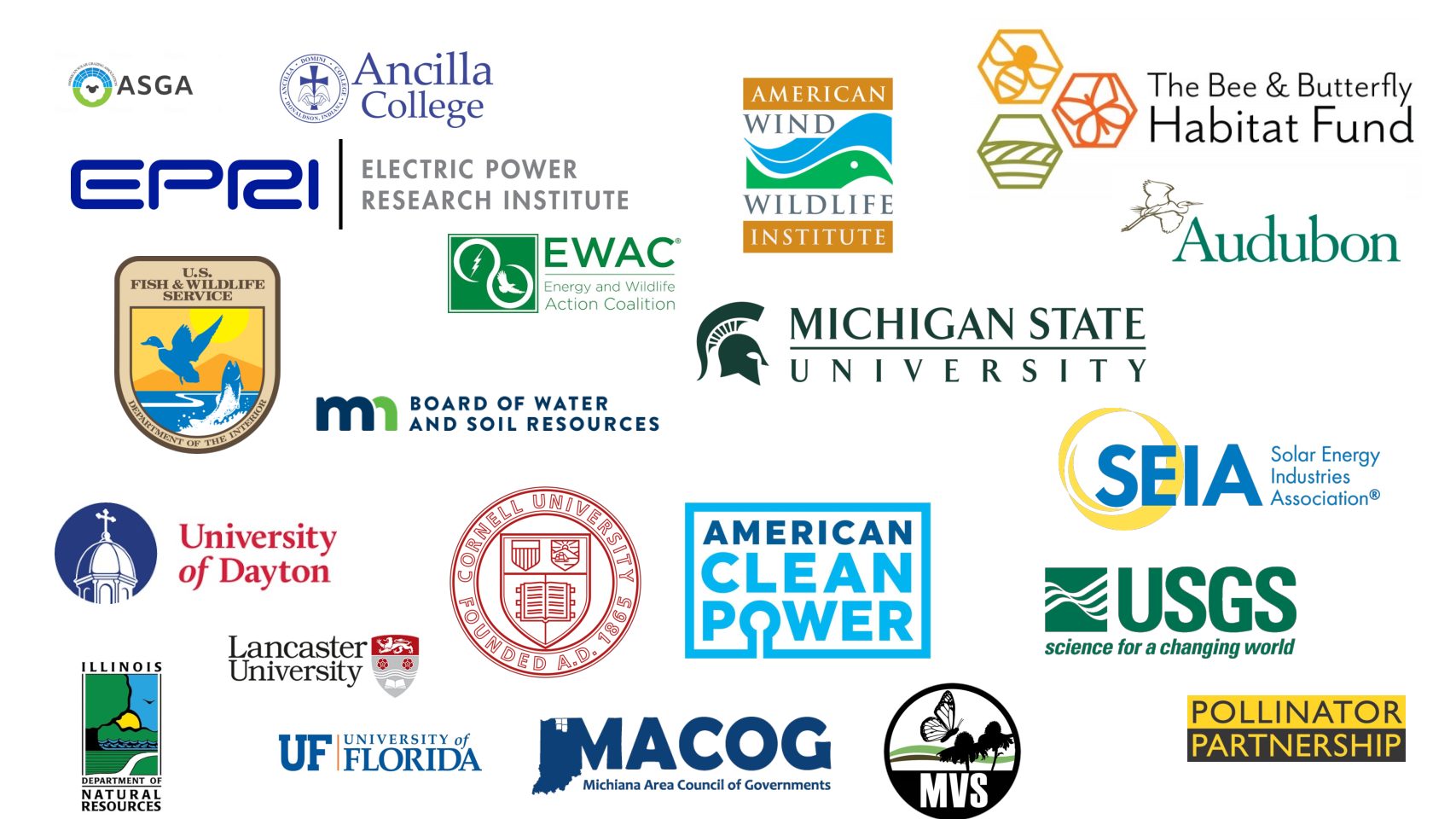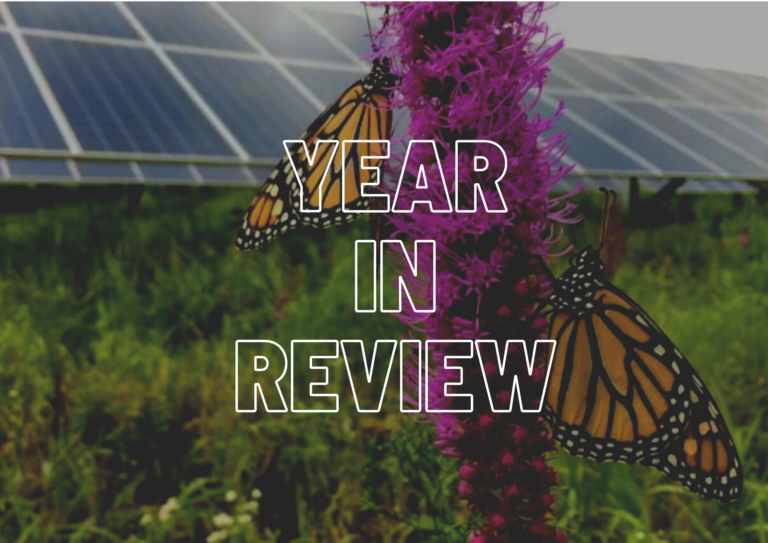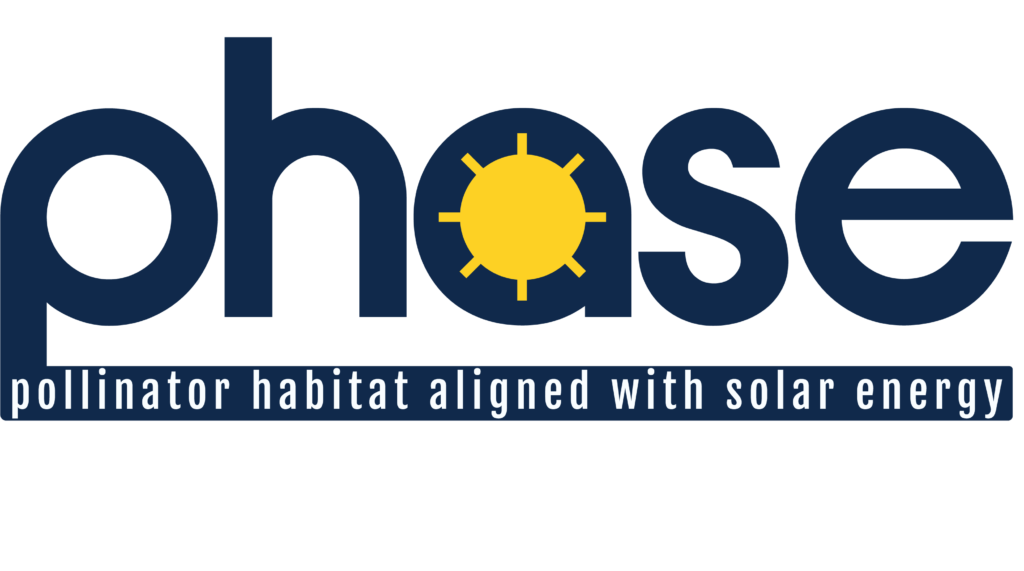
|
This four-year project, funded by the U.S. Department of Energy Solar Energy Technology Office, brings together leading researchers and large-scale solar developers to investigate the ecological and economic benefits as well as performance impacts of co-located pollinator plantings at large, utility-scale photovoltaic (PV) facilities. The project will:
|
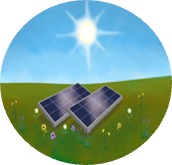 |
NEWS AND UPDATES
Year 1 Project Update
Researching the benefits of pollinator conservation at Bellflower Solar
UIC receives $1.8M from DOE to study effects of pollinator habitats at solar energy facilities
A Special Thank You to All Our Project partners
